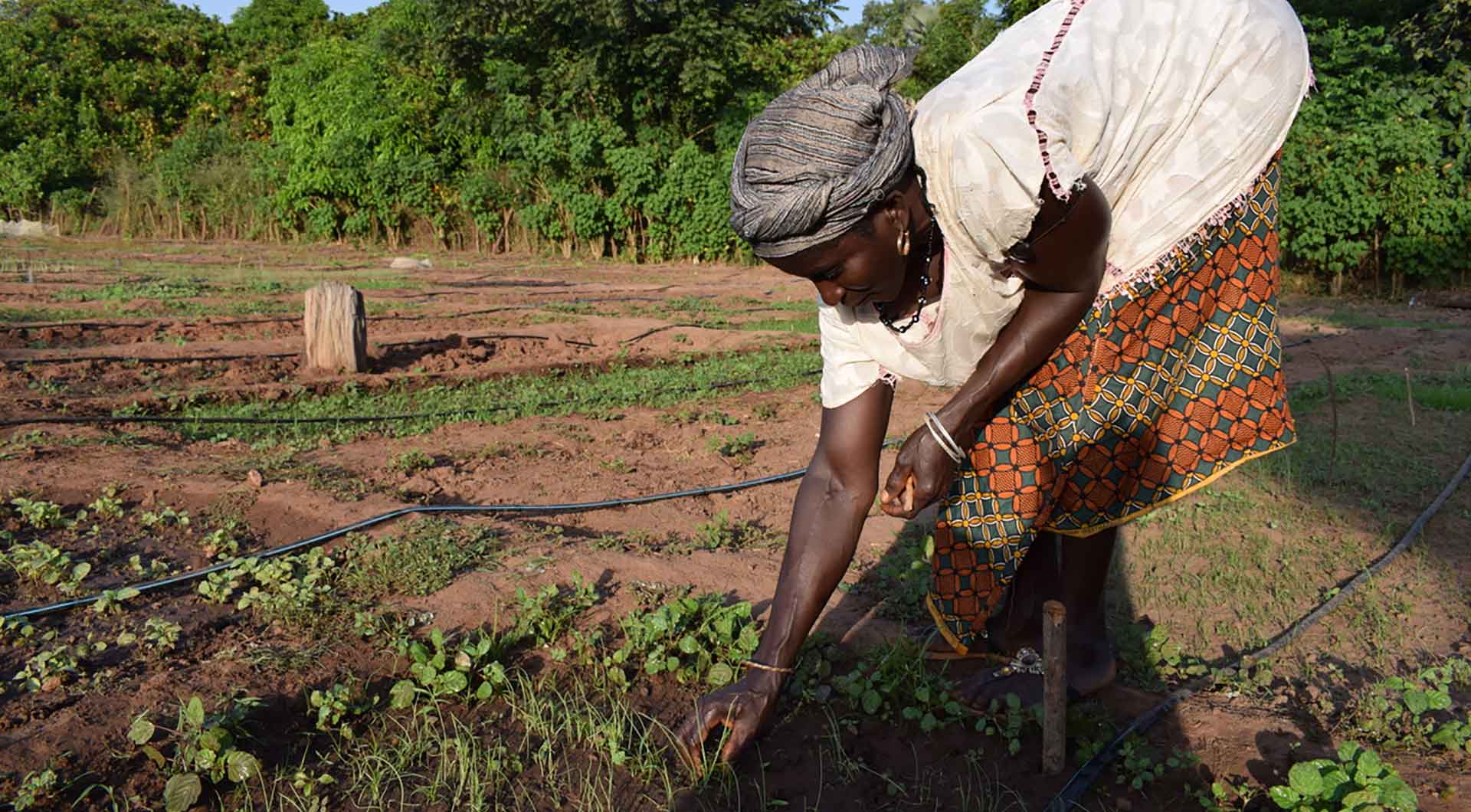
Today we mark the 10th anniversary for International Day of Women and Girls in Science 2025.In spite of remarkable progress to promote the participation of women and girls in Science, Technology, Engineering and Mathematics (STEM),the world has not yet achieved gender equality in STEM
STEM is an approach to learning and development that integrates the areas of science, technology, engineering and mathematics. STEM education was started in early 1990s, it involves the application of science, technology, engineering and mathematics in real world, by providing students with the opportunities to develop critical thinking, problem-solving and creativity skills they need to meet the demands of today’s society in technology and innovation. STEM education is being carried out across the globe in primary schools, secondary schools and universities.
According to UNESCO, over 19.3 million adolescent girls of upper secondary school age are out of school in Sub Saharan Africa and for those who make it to upper secondary school, studying Science, Technology Engineering and Mathematics (STEM) particularly in technical education is improbable. [UNESCO 2024]
More girls are in school today than ever before, but still lack the same opportunities to access STEM education as boys, a wide spread challenge preventing women and girls to unleash their full potential. With an estimated 80% of the STEM fields dominated by men the global education community calls for action to end gender stereotypes and biases holding women and girls back in science.

Women and girls need to remain relevant in STEM to positively impact their families and communities with transformative changes that comes with STEM. There’s need to increase access to quality STEM education in primary schools and support teachers to effectively deliver teaching and learning that promotes understanding of theory through practical STEM lessons.
ADPP Angola, a member of Humana People to People, works together the Ministry of Education’s National Institute for Teacher Training (INFQE) in Angola to enhance the quality of STEM teaching in primary and secondary schools. ADPP Angola together with their partners invests in STEM programmes, strives to achieve teaching and learning within subjects about the material world to provide women and girls with the opportunities they need to pursue their interest in STEM subjects.

On this day, we spotlight the positive impact and transformation that ADPP Angola’s STEM projects are carrying out to promote the love of science and technology among students, especially girls, and equip the students with the skills and knowledge they need to solve real world challenges.
Since 2017, ADPP Angola’s STEM projects have trained more than 3,000 teachers in 10 provinces in Angola providing the teachers with materials, skills, confidence and the understanding that, students learn much more when theory and practice are linked together. Instead of identifying the best students in schools, STEM projects use inclusive approaches, starting early in primary education and leaving no girl child behind.

Female students are supported to gain knowledge, skills and self-confidence to show true capacities in spite of stereotypes, as result female students are to taking up more challenging STEM areas.
During STEM Education classes, as a student, I learned how to make soap, tooth paste and candles. Thanks to the STEM Project, I started paying attention in class and started to believe in myself and to never give up on anything. Practice is important for the experiments. I encountered problems when I tried to do the experiments at home, but as time went by and with the explanations given in class it became clearer, I was able to overcome these difficulties, says Dulce Jacinto Ferreira do Nascimento, student at School Nº 3048, Cazenga, Luanda, Angola.
The STEM Projects are encouraging more girls to take up STEM subjects which in turn is increasing female teacher participation. Female teachers are proud to teach these subjects, fostering an engaging environment filled with lively debates, collaborative problem solving and critical thinking impacting over 59,000 students that are using STEM to understand how the world works.

Levelling the playing field in STEM is still possible, it takes communities, local authorities and partners to come together to reshape cultural norms and to create an environment where women and girls feel valued and supported to forge a sustainable path of hope to pursue careers in STEM. ADPP Angola continues to expand the STEM projects across the country, where its Teacher Training Colleges are present because there are so many more students to reach with STEM education.


